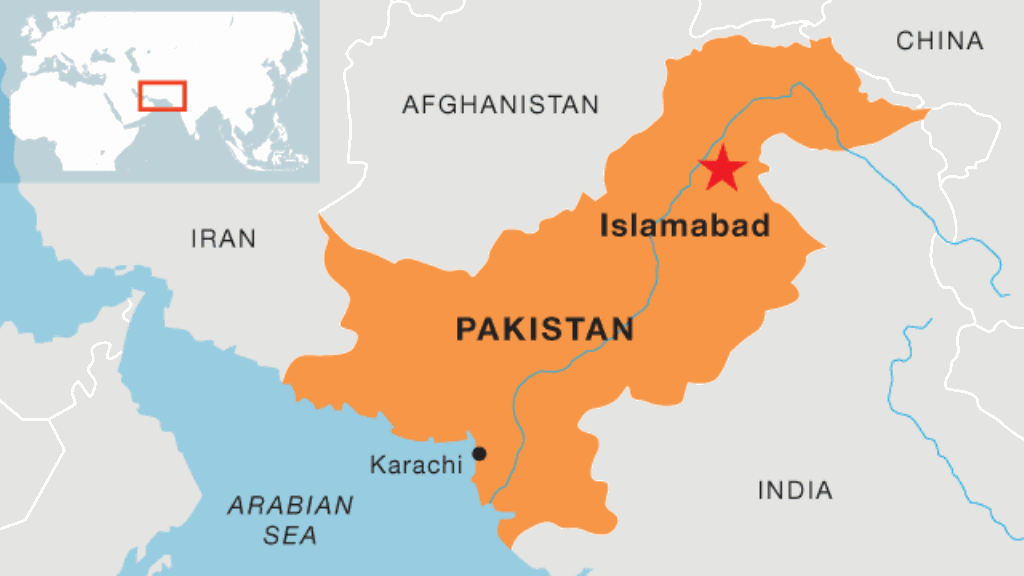Newspaper Article 05/01/2015

Since the advent of 21st century, Pakistan has remained a focus of the world attention as an ally of the U.S. in war against terrorism. This war has generated multiple security concerns, thus inflicting on Pakistan a complex state of regional security. As the deadline of U.S. drawdown from Afghanistan nears, regional reorientation and favourable readjustment of Pakistan’s position in the regional order needs deliberate consideration.
Pakistan today is faced with multi-dimensional challenges in socio-economic, socio-political and geostrategic fields. Although many countries around the world are witnessing a paradigm shift with geoeconomy overshadowing geostrategy, but in Pakistan this shift has not yet happened. Without review of past policies and formulation of an implementable national and international security policy options, the traditional and non-traditional security threats loom large. To timely address these threats, Pakistan needs to formulate a comprehensive policy with long term gains supported by short term visible actions, in order to make sustainable and worthwhile partnerships. Focus of all the efforts by Pakistan’s security policy makers should hinge upon keeping the national interests at the forefront, while keeping points of confrontation at the back end.
Basic factors that tend to define Pakistan security policy interests in South Asia should include;
• Dealing with deteriorating law and order situation in Pakistan, that is one of the major hindrance creating cooperation gaps between Pakistan and regional states.
• Shifting security paradigms, i.e., from the pursuance of only traditional security to adoption of an all-encompassing policy addressing both traditional and non-traditional security issues. Complex security situation today makes it evident that traditional security perspective has neither provided security of life and property to its own nationals, nor to foreign investors.
• India’s hegemonic designs within South Asia and its adjacent countries that pose fundamental threat to Pakistan’s territorial integrity.
• Emergence of new blocs like Indo-US Nexus, Iran becoming a focal point of US hostility, and a continued instability in Afghanistan.
As far as emergence of Indo-U.S. Nexus is concerned, in order to safeguard legitimate national interests, Pakistan should pressurize and convince USA to prevent India’s role in Afghanistan. Pakistan should also make its alliance states recognize that whatever India does in Afghanistan is her hostile manoeuvre against Pakistan.
With regard to Iranian issue, Pakistan should maintain overt neutrality. As far as dealing with the issue of Afghanistan instability is concerned, Pakistan has legitimate interest in securing peace in Afghanistan, based upon its desire to have a stable and peaceful regime on its west in order to further her economic interests in South Asia. Unfortunately, Pakistan’s Afghan policy has remained hazy. Irrespective of Afghanistan’s reservations about Pakistan’s alleged relations with the Taliban, Afghan factor should not move Pakistan away from pursuing what is in its best interests. Such a strategy be formulated that make both sides value common advantages.
In addition to above-mentioned factors, other aspects that also need to be dealt as main ingredients of furthering Pakistan’s security policy objectives in South Asia include;
• Institutionalizing all-encompassing relations with China as it is likely to become a major regional and global economic power.
• Developing Gwadar as an energy gateway, in the world governed by geoeconomics.
• Establishing friendly relations with CARs states that will prove vital for Pakistan’s future in the region. The natural gas and hydrocarbon transit routes from CARs are oriented towards Arabian Sea through the triangle formed by Iran, Afghanistan and Pakistan. Pakistan needs a well-developed communication infrastructure in order to have strong links with CARs for establishment of their dependence on Pakistani ports.
• Availing petro diplomacy as an option to establish friendly relations with Russia and India. Establishment of pipeline from CARs to India through Pakistan by Russian companies is likely to make Russia and India as stake holders in the project and their own interests will project them to maintain good relations with Pakistan.
• Pakistan should strive for membership of Shanghai Cooperation Organization and Central Asian Cooperation. Pakistan can devise and offer military support options; business friendly rules joint economic ventures and EXPOs.
• Possibility of transforming ECO into powerful economic block, instead of projecting it as an Islamic body arrayed against West or Russia.
Lying on the edge of West and South Asia, Pakistan has distinct geostrategic advantage over rest of the regional players, which remains unutilized. In a globalized world that manifests complex interdependence, Pakistan’s sovereignty and economic prosperity is interlinked with states composing and sharing borders of South Asia. As for the whole world, this New World Order has also created distinct opportunities and challenges for Pakistan that demands from its policy makers to devise such a regional security policy that should address grave issues on priority basis, inhibit such policy options that makes Pakistan vulnerable to foreign exploiters and to move forward with mutual coherence of regional states in order to secure peace for the future.
Published by Pakistan Observer on December 10, 2014
Disclaimer: Views expressed are of the writer and are no necessarily reflective of IPRI policy.
